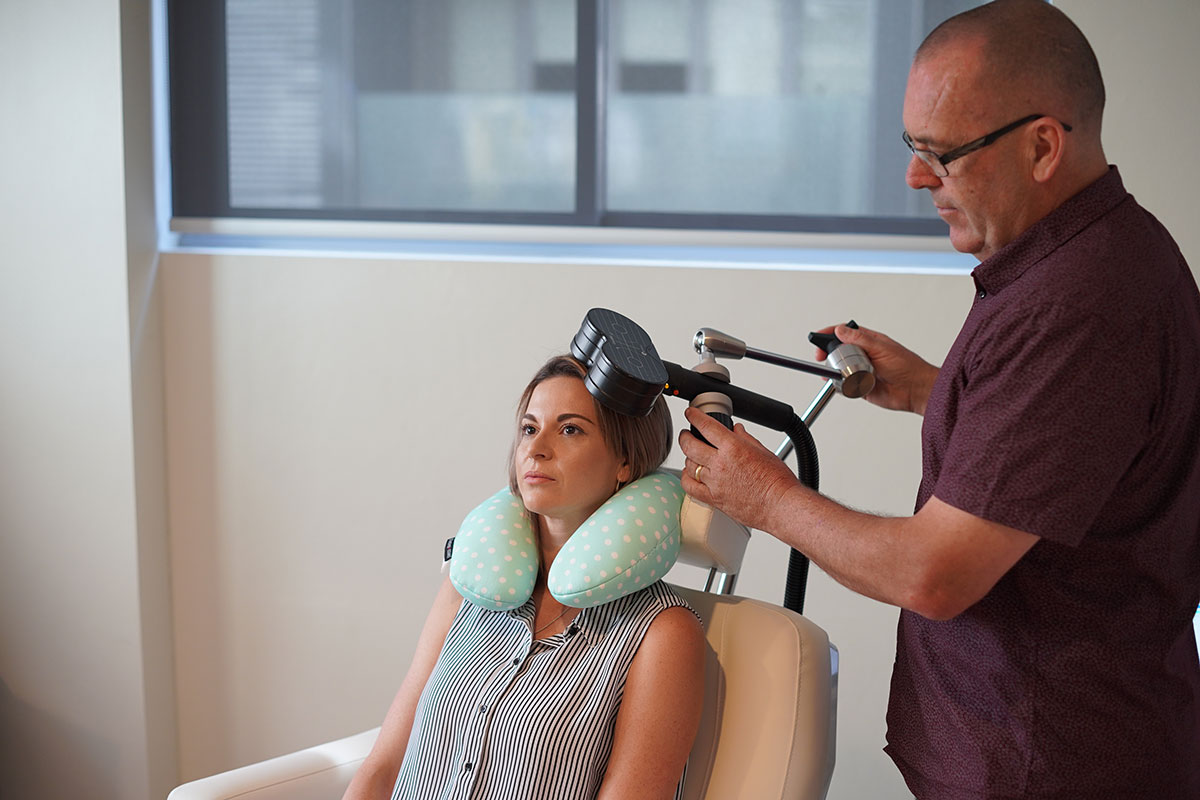Transcranial magnetic stimulation (TMS) therapy is a noninvasive procedure that uses magnetic fields to stimulate nerve cells in the brain to improve symptoms of depression. TMS therapy is FDA-approved for the treatment of major depressive disorder in adults who have not responded to other treatments, such as medications and psychotherapy.
TMS therapy works by delivering magnetic pulses to specific areas of the brain that are involved in mood regulation. You can also find the best TMS therapy center for depression treatement from various online sources.

Image Source: Google
These pulses induce electrical currents that help to stimulate nerve cells and improve communication between different regions of the brain. TMS therapy has been found to be effective in reducing depressive symptoms, such as sadness, fatigue, and insomnia.
There are several potential benefits of TMS therapy for depression, including:
• It is noninvasive and does not require anesthesia or sedation
• There are no known side effects
• It can be used in combination with other treatments, such as medication and psychotherapy
• It can be an effective treatment for people who have not responded to other treatments
TMS therapy is a promising new treatment for depression that has shown great promise in clinical trials. While more research is needed to determine its long-term efficacy, TMS therapy appears to be a safe and effective treatment option for many people with depression.
